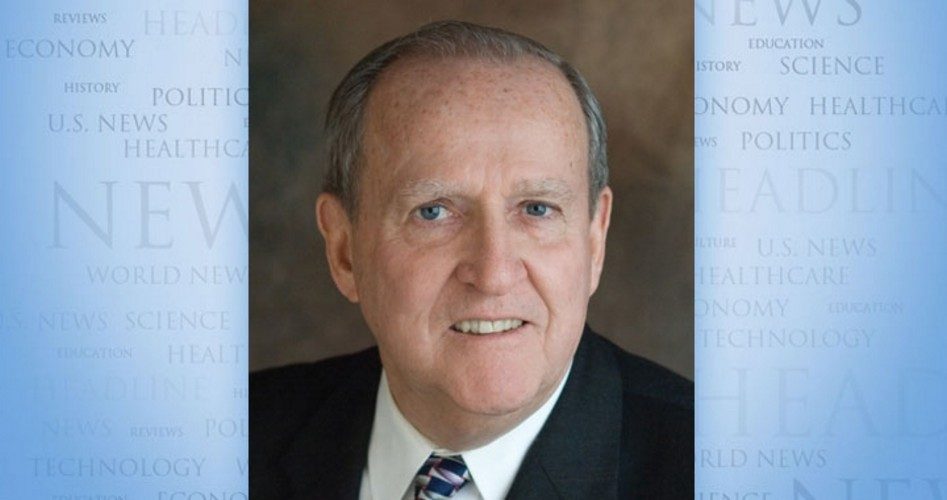
The horrific hijacking of four commercial airplanes and the suicide attacks on New York’s Twin Towers and elsewhere occurred 17 years ago. Most Americans don’t have to be reminded that there were several thousand victims. The immediate response saw American forces arrive in Afghanistan where Osama bin Laden, the presumed mastermind behind the deed, was thought to have established his base of operations. The U.S. forces were joined by small contingents of troops from several other nations.
The hastily sent U.S. forces were met immediately by Taliban warriors still exulting over the successful raid on American soil by their al-Qaeda allies. For all of the past 17 years, our highly trained troops have fought Taliban forces and the result has amounted to a colossal failure. Yet it continues.
The August 12, 2018 issue of the New York Times Magazine carried a lengthy report about the efforts of one soldier who served in this campaign for approximately a full year starting in mid-2008. New York City native Robert Soto did everything asked of him during his deployment — even putting his own life in jeopardy during several skirmishes — but he knew by the time he arrived back in the United States that the mission, including his own personal efforts, had accomplished nothing.
When Soto’s unit arrived in Afghanistan, its combat-ready soldiers joined the 33,000 Americans troops already in the war-torn country. The Times article emphasized Soto’s deep sadness after some of his comrades died at the hands of Taliban fighters. They perished following orders that Soto would later claim made little sense. The Times article cited Soto’s maddening complaint about the Taliban being given a pass to conduct their operations: “They could fight as they pleased, but American soldiers were bound by rules limiting their ability [including] when they could use their weapons, whether and how firepower could be applied.”
Missing from the article is the single most important explanation for the frustration experienced by Sergeant Soto and his comrades. It is that the Afghanistan operation was placed under the overall direction of NATO, and NATO is a branch of the United Nations. America has never issued a formal declaration of war required by the U.S. Constitution and, as far back as late 2003, NATO has been the leader of the Afghan effort. It is an effort that Americans and their allied coalition forces aren’t allowed to win. They are expected to be at a type of limited war because unending war enables its designers to gain more political power. Never mind that some put into such a circumstance will die — as some of Soto’s comrades did. And never mind that the U.S. military, once the world’s most feared fighting force, can be required to fight with victory never the true goal.
NATO oversight over this curious “war” supposedly ended in 2014. But little has changed. Instead of clearly identifiable leadership over the military operations, NATO is still in Afghanistan with 15,600 of its personnel assigned to its Resolute Support group, a presence described as a non-combat training mission.
After his time in Afghanistan, Robert Soto earned an honorable discharge in 2012. He initially intended to visit the families of his buddies who died while conducting their fruitless endeavors. But he hasn’t done so because “I don’t want to say that people died for nothing. I could never make the families who lost someone think their loved one died in vain.”
Reasons for the United States to withdraw from the UN and its NATO subsidiary continue to mount. Even the New York Times supplies them — though unintentionally as in the article cited above. Surely, if the United States recovers its unquestioned independence by quitting the UN, there will be no more 17-year-old wars that the UN and its subsidiaries control for the purpose of simply being at unending war. The operation in Afghanistan is the kind of war that is designed to lead to a UN-led world government. Quitting the UN is what America should do. And if ever attacked again, U.S. forces under U.S. command would be free to respond with victory as their goal.
John F. McManus is president emeritus of The John Birch Society.



